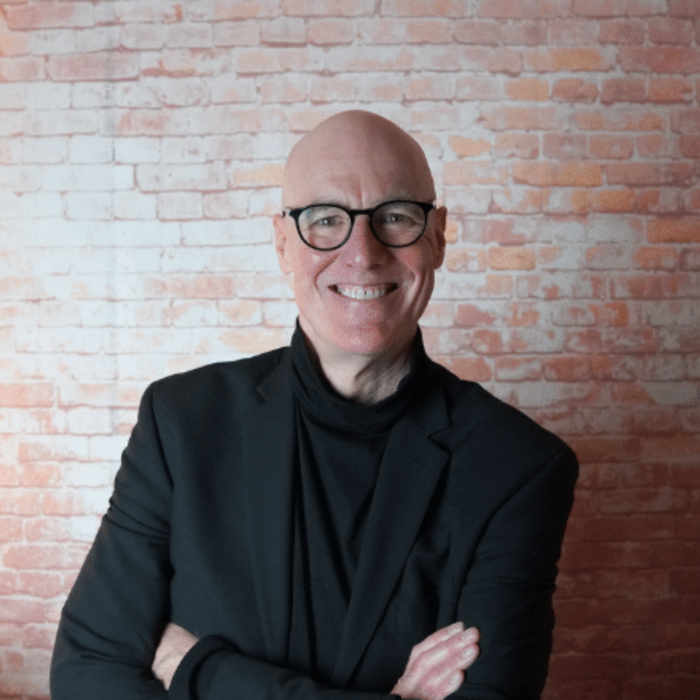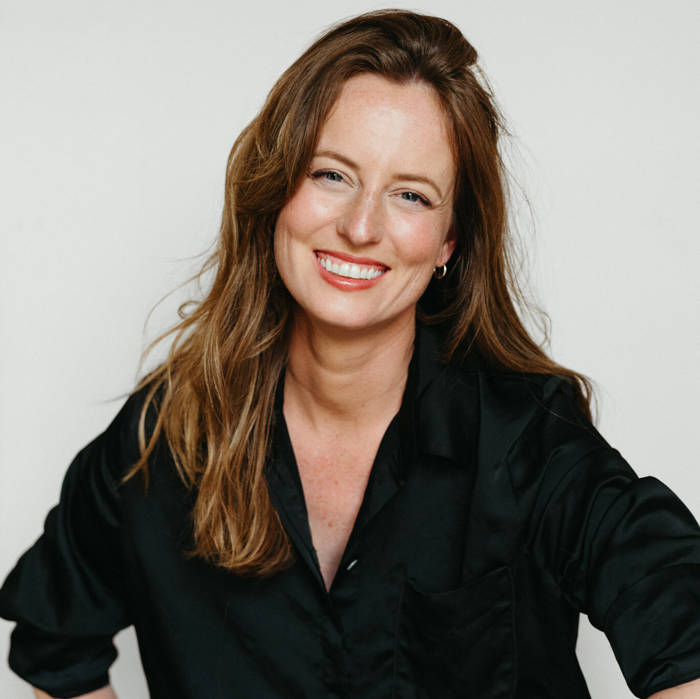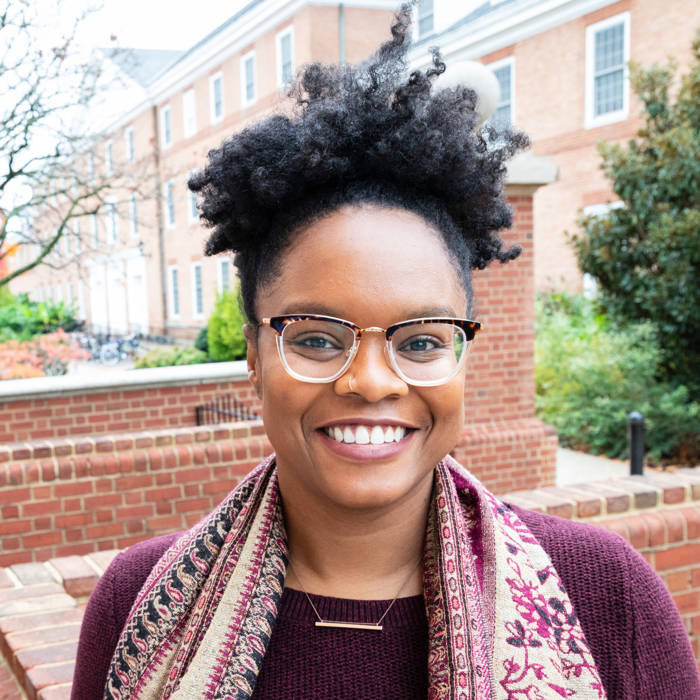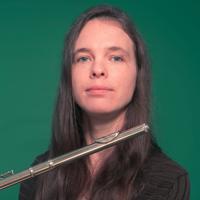The Voice in Neurodiversity Affirmative Music Therapy with Autistic People
Tuesday 23rd April 2024, 12:00 PM - 2:00 PM (London Time)
The Neurodiversity Paradigm challenges the concept of autism (and related neurological differences such as ADHD and dyspraxia) as a disorder or deficit, instead defining autism as a natural and normal part of human neurological diversity (neurodiversity). Under the neurodiversity paradigm, autism is considered as an aspect of identity, in the same way as gender or sexuality, and autistic forms of behaviour, communication and culture are valued in the same way as allistic (non-autistic) forms of behaviour, communication and culture. In recent years, the music therapy profession has begun to consider the application of the neurodiversity paradigm to music therapy practice, and an increasing amount of literature embracing this perspective has been published.
This lecture, delivered from a lived experience perspective, will begin with an explanation of the key concepts around neurodiversity, the neurodiversity paradigm, and some neurodiversity-informed theories within autism research, including a brief exploration of autistic communication and culture. We will look at ways to work musically from a neurodiversity-affirmative perspective with autistic people, whether therapeutically or within other forms of music-based work or teaching practice. Particular consideration will be given to the use of the voice with autistic people, both in terms of responding to the individual’s particular ways of using language, song and vocal sounds, and in terms of using one’s own voice (whether you identify as autistic or allistic), and other forms of music, to communicate respectfully and effectively with autistic people.
Hilary will speak about her own music therapy work with autistic people, which takes a collaborative approach with the client as much as possible, giving examples of how Hilary uses her voice and other forms of musical response in her therapeutic work.
Hilary Davies
Hilary Davies is a Health and Care Professions Council-registered Music Therapist, specialising in music therapy with autistic people.

Attend this course for as little as £22 as part of the Voice Professional Training CPD Award Scheme.
Learn MoreSorry, this is an archived short course...
We have plenty of upcoming short courses coming soon. See details of some of them below or look at the full list of short courses.

Tuesday 22nd July 2025
5:00 PM - 7:00 PM
Tuesday 29th July 2025
5:00 PM - 7:00 PM
Tuesday 5th August 2025
5:00 PM - 7:00 PM
Tuesday 12th August 2025
5:00 PM - 7:00 PM
Tuesday 19th August 2025
5:00 PM - 7:00 PM
Tuesday 26th August 2025
5:00 PM - 7:00 PM
(London Time)
Certificated Public Speaking Coach qualification - with John Henny

John Henny
Would you like to be a certified public speaking coach? Join the renowned John Henny for this exciting new online course! This six-week online certification course is designed to equip voice teachers with the specialised skills needed to work with public speakers, corporate trainers, educators, and presenters. Unlike a general public speaking course, this program is specifically tailored to train-the-trainer, giving voice professionals structured methodologies, coaching techniques, and applied skills to enhance vocal delivery, confidence, and influence in professional speakers.

Thursday 24th July 2025
5:00 PM - 6:00 PM
(London Time)
Transitioning From Soprano To Mezzo-Soprano - Pedagogical Approaches!

Dr Caitlin Moore
This workshop will explore the considerations for transitioning from soprano to mezzo-soprano. We will examine the history and vocal science related to voice classification as well as interviews with singers and voice teachers. Interviews feature singers who have experienced this Fach change themselves, as well as voice teachers who have helped singers navigate this shift.


Tuesday 29th July 2025
5:00 PM - 7:00 PM
(London Time)
Towards a Jazz Pedagogy: Lessons from Legends and Educators!

Dr Autumn Griffin
Join Dr Autumn Griffin as she explores the foundational tenets of jazz pedagogy as both a conceptual and practical framework for teaching, in this two-hour workshop. Drawing from her research in “Towards a Jazz Pedagogy: Learning with and from Jazz Greats and Great Educators,” she’ll investigate how jazz (its historical and cultural legacy, structure, improvisation, and relationality) can be mobilized to inform dynamic, liberatory educational practice!
